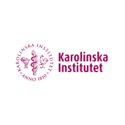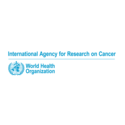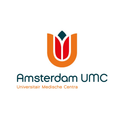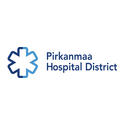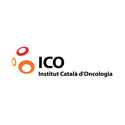Project description
Screening for cervical cancer is a globally recommended public health policy. Many risk factors are known, but so far only “one-size-fits-all” screening programs have been implemented, providing suboptimal protection for women at high risk, suboptimal allocation of resources and substantial screening-related harms. Development of risk-stratified screening is a priority, because cervical cancer is on the rise in many countries, the uptake of screening remains moderate in subpopulations at high risk, and costs related to screening high.
RISCC will develop risk-based screening based on screening history, HP vaccination status and other relevant risk factors.
- Risk profiles based on screening history will be developed using joint data from several large European randomized HPV screening trials with long-term follow-up, HPV self-sampling trials, and registries of both cytology- and HPV-based screening programs.
- Risk profiles based on vaccination status will be developed for cohorts with varying screening and vaccination coverage using data from a community randomized vaccination trial, linked vaccination/screening/cancer registries, and a cohort of women vaccinated at screening age.
- Risk-based screening algorithms will be evaluated with respect to effectiveness, harms and costs by predictive and health-economic modelling.
- Open source e-health and m-health applications using the risk-based screening algorithms will be developed to support implementation into real-life programs. The use of risk-based screening and a digital platform for screening invitations will be evaluated in an implementation trial within the Swedish organized screening program.
The RISCC risk-based approach to cervical screening is directly related to the work program as it is based on a wealth of data sources on different, important risk factors for cervical cancer, builds on open science enabling citizens, and could thus constitute a role model for personalized screening.
Sciensano's project investigator(s):
Service(s) working on this project
Partners
